Home>Renovation & DIY>Home Renovation Guides>What Home Improvements Require A Permit?


Home Renovation Guides
What Home Improvements Require A Permit?
Modified: October 27, 2024
Discover which home renovations require a permit with our comprehensive guide. Ensure your project meets local regulations for a smooth renovation process. Explore now!
(Many of the links in this article redirect to a specific reviewed product. Your purchase of these products through affiliate links helps to generate commission for Storables.com, at no extra cost. Learn more)
Introduction
Welcome to the world of home improvement! Whether you’re a seasoned homeowner or a first-time buyer, the prospect of enhancing your living space is undeniably exciting. However, amidst the fervor of envisioning new kitchen cabinets or a revamped backyard, it’s crucial to navigate the regulatory landscape of building permits. Understanding which home improvements require a permit is not only integral to the legal compliance of your project but also ensures the safety and structural integrity of your home.
As we delve into this comprehensive guide, we’ll demystify the realm of building permits, shedding light on the types of home improvements that typically necessitate a permit. Additionally, we’ll explore exceptions to permit requirements and the potential repercussions of undertaking renovations without the requisite approvals. By the end of this journey, you’ll be equipped with the knowledge to embark on your home improvement endeavors with confidence and compliance.
Key Takeaways:
- Always check if your home improvement project requires a permit to ensure safety and legal compliance. Structural changes, electrical upgrades, plumbing alterations, and major additions typically need permits.
- Skipping permits for home improvements can lead to legal, financial, and safety issues. Be aware of exceptions, seek professional guidance, and prioritize compliance to safeguard your investment.
Understanding Building Permits
Building permits are official approvals granted by local government authorities that authorize the commencement of construction or renovation projects. These permits are designed to regulate and monitor the alterations made to residential and commercial properties, ensuring that they adhere to safety codes, zoning regulations, and structural standards.
When you embark on a home improvement project, it’s essential to recognize the pivotal role of building permits. By obtaining a permit, you are essentially seeking official consent to modify or expand your property in a manner that complies with established building codes. This process serves as a safeguard, as it enables qualified inspectors to assess the proposed changes, thereby mitigating potential hazards and ensuring that the modifications align with structural and safety requirements.
Moreover, building permits also contribute to the preservation of property values and the overall aesthetics of neighborhoods. By regulating the scope and quality of renovations, permits help uphold the visual harmony and structural integrity of communities, thereby benefiting homeowners and the broader locality alike.
It’s important to note that the specific regulations governing building permits vary by location, with different municipalities and states imposing their own set of requirements. Therefore, before embarking on any home improvement project, it’s imperative to consult with your local building department or a qualified professional to ascertain the permit prerequisites applicable to your area.
By familiarizing yourself with the fundamental purpose of building permits and the significance of compliance, you can embark on your home improvement journey with a clear understanding of the regulatory framework that governs such endeavors.
Home Improvements Requiring a Permit
When contemplating home improvements, it’s essential to discern which endeavors typically necessitate a building permit. While the specific requirements may vary based on your location and the nature of the project, several common renovations generally mandate obtaining official approval before commencing work. Some of these include:
- Structural Modifications: Any alterations that impact the structural integrity of your home, such as removing or adding walls, expanding doorways or windows, or modifying the roofline, typically require a building permit. These changes are crucial to the stability and safety of the property, thus necessitating official oversight.
- Electrical Upgrades: Projects involving electrical systems, such as installing new wiring, upgrading the electrical panel, or adding outlets, often demand a permit. Given the potential risks associated with electrical work, ensuring compliance with building codes and safety standards is paramount.
- Plumbing Alterations: Any modifications to plumbing systems, including the installation of new fixtures, rerouting pipes, or undertaking significant plumbing renovations, typically require a permit. This oversight is crucial to safeguard against potential water damage and ensure the proper functioning of the plumbing infrastructure.
- Additions and Expansions: Whether it’s constructing a new room, adding a deck, or expanding the footprint of your home, any substantial additions or expansions generally necessitate a building permit. This oversight ensures that the new structures align with zoning regulations and adhere to safety and structural standards.
- Demolition Projects: Initiating demolition work, whether it’s removing an existing structure or dismantling interior components, often requires a permit. This regulatory oversight is essential to manage the disposal of debris and mitigate potential hazards associated with demolition activities.
It’s important to recognize that this list is not exhaustive, and the specific requirements for building permits may encompass a broader spectrum of home improvement projects. Consulting with local building authorities or engaging a qualified professional can provide tailored guidance regarding the permit prerequisites for your specific renovation plans.
By acknowledging the categories of home improvements that typically mandate a building permit, you can proactively navigate the regulatory landscape and ensure compliance with the requisite approvals for your envisioned enhancements.
Always check with your local building department before starting any home improvement project to see if a permit is required. This can save you time, money, and potential legal issues down the road.
Exceptions to Permit Requirements
While numerous home improvements necessitate a building permit, there are certain exceptions to this regulatory mandate. Understanding these exceptions can provide clarity regarding which projects may be exempt from the permit requirement, thus streamlining the planning process for homeowners.
Common exceptions to permit requirements often encompass minor alterations or cosmetic enhancements that do not substantially impact the structural integrity or safety of the property. These may include:
- Cosmetic Upgrades: Projects such as painting, wallpapering, or installing new flooring, which are purely cosmetic in nature and do not involve structural modifications, typically do not require a building permit.
- Exterior Landscaping: Activities like planting trees, shrubs, or flowers, as well as minor landscaping endeavors such as installing garden paths or decorative features, generally fall within the scope of exceptions to permit requirements.
- Minor Repairs: Small-scale repairs or maintenance tasks, such as replacing individual shingles, repairing minor plumbing leaks, or fixing non-structural components, often do not necessitate a building permit.
- Accessory Structures: Constructing small, detached structures such as sheds, playhouses, or fences within specified size limits may be exempt from permit requirements, subject to local regulations.
It’s important to note that while these exceptions provide flexibility for certain types of home improvements, the specific criteria for exemption vary by jurisdiction. Additionally, even if a project falls within an exception category, it’s advisable to verify with local building authorities to ensure compliance with any relevant regulations or restrictions.
By familiarizing yourself with the exceptions to permit requirements, you can discern which minor enhancements or maintenance tasks may not necessitate the acquisition of a building permit, thereby facilitating a more streamlined and informed approach to your home improvement endeavors.
Consequences of Not Obtaining a Permit
Overlooking the necessity of obtaining a building permit for home improvements can have significant repercussions, ranging from legal and financial ramifications to potential safety hazards and impediments in future property transactions. Understanding the potential consequences of bypassing the permit process is crucial for homeowners contemplating renovations.
One of the primary concerns associated with undertaking unpermitted home improvements is the risk of incurring legal penalties. Building codes and zoning regulations are established to uphold safety standards and ensure the structural integrity of properties. Engaging in modifications without the requisite permits can result in citations, fines, or even legal injunctions, ultimately leading to costly and protracted legal proceedings.
Furthermore, unpermitted renovations can impede the resale or refinancing of a property. When prospective buyers or lenders discover unapproved modifications, it can raise red flags and lead to complications during real estate transactions. This can diminish the market value of the property and deter potential buyers, thereby hindering the seamless transfer of ownership.
In addition to the legal and financial implications, unpermitted home improvements may pose safety hazards. Without the oversight of qualified inspectors, the quality and safety of the alterations remain unverified, potentially compromising the well-being of occupants and visitors. This underscores the critical importance of adhering to permit requirements to ensure that renovations meet established safety and structural standards.
Moreover, insurance coverage may be affected by unpermitted modifications. In the event of property damage or liabilities, insurance providers may deny coverage for unapproved alterations, leaving homeowners vulnerable to significant financial losses.
By comprehending the potential consequences of proceeding with home improvements without obtaining the necessary permits, homeowners can make informed decisions and prioritize compliance with regulatory requirements. Seeking professional guidance and engaging with local building authorities can help navigate the permit process, ensuring that renovations are conducted in a lawful, safe, and financially prudent manner.
Conclusion
Embarking on home improvement projects is an exhilarating endeavor that can elevate the comfort, functionality, and aesthetic appeal of your living space. However, amidst the excitement of envisioning transformative renovations, it’s essential to navigate the regulatory landscape of building permits with diligence and awareness.
Understanding the fundamental purpose of building permits and the types of home improvements that typically necessitate official approval empowers homeowners to embark on their renovation journeys with compliance and confidence. By recognizing the significance of building permits in upholding safety standards, preserving property values, and ensuring structural integrity, individuals can approach their projects with a heightened sense of responsibility and regulatory awareness.
Moreover, discerning the exceptions to permit requirements provides clarity regarding which minor enhancements or maintenance tasks may not necessitate official approval, thereby streamlining the planning process and fostering informed decision-making.
Conversely, disregarding the necessity of obtaining permits for home improvements can lead to a myriad of consequences, encompassing legal penalties, financial repercussions, safety hazards, and impediments in property transactions. By acknowledging the potential ramifications of unpermitted renovations, homeowners are prompted to prioritize compliance and seek the requisite approvals, thereby mitigating risks and safeguarding their investments.
In essence, the pursuit of home improvements, when approached with a comprehensive understanding of building permits and regulatory compliance, can culminate in transformative enhancements that enrich the quality and value of your home. By aligning creativity with conscientious adherence to permit requirements, homeowners can embark on their renovation endeavors with the assurance that their vision is realized within the bounds of legal and structural integrity.
As you embark on your home improvement journey, remember that knowledge and compliance are your most valuable tools. By engaging with local building authorities, seeking professional guidance, and prioritizing regulatory adherence, you can transform your living space with confidence, creativity, and a steadfast commitment to the safety and integrity of your home.
Frequently Asked Questions about What Home Improvements Require A Permit?
Was this page helpful?
At Storables.com, we guarantee accurate and reliable information. Our content, validated by Expert Board Contributors, is crafted following stringent Editorial Policies. We're committed to providing you with well-researched, expert-backed insights for all your informational needs.
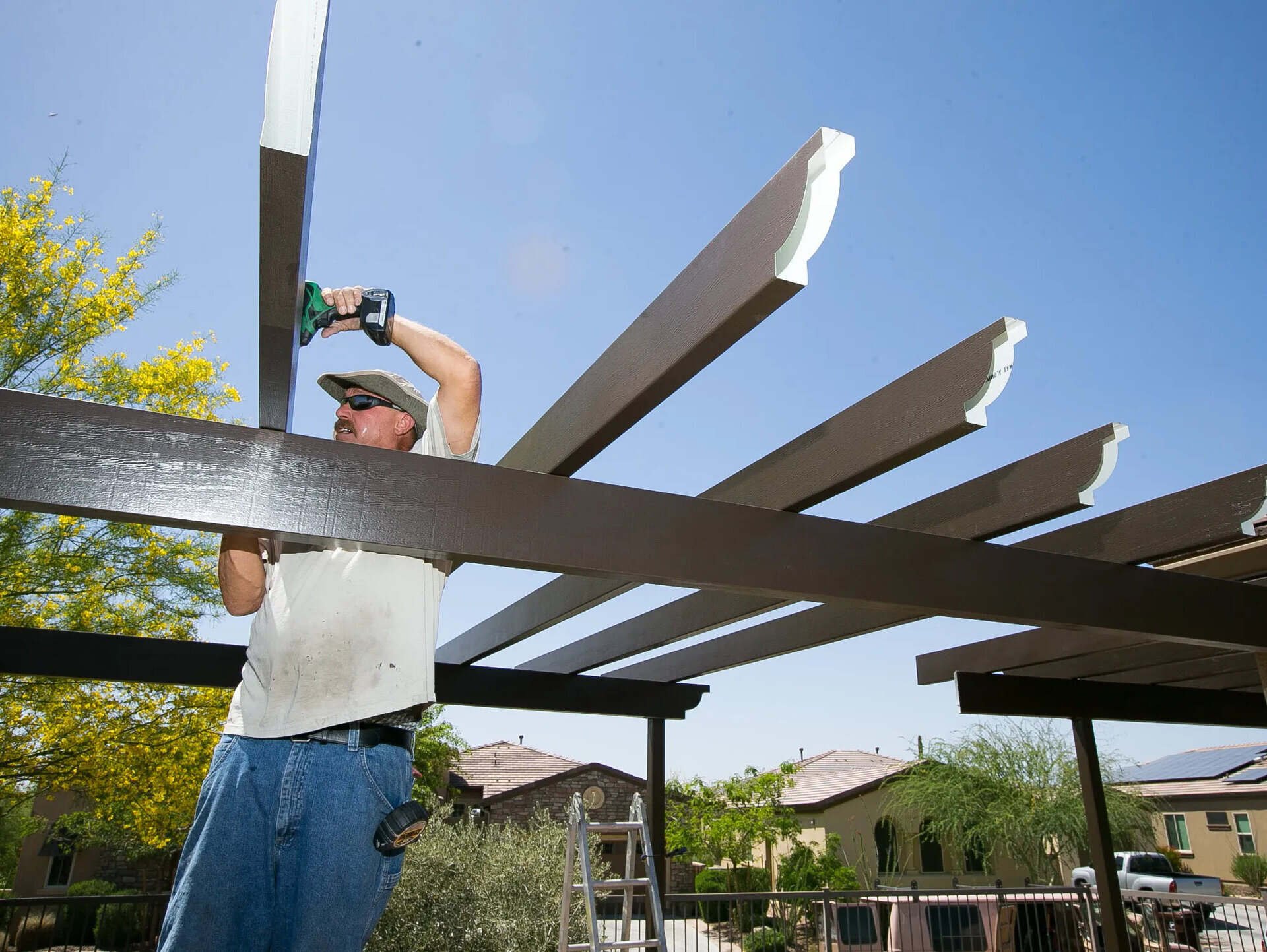
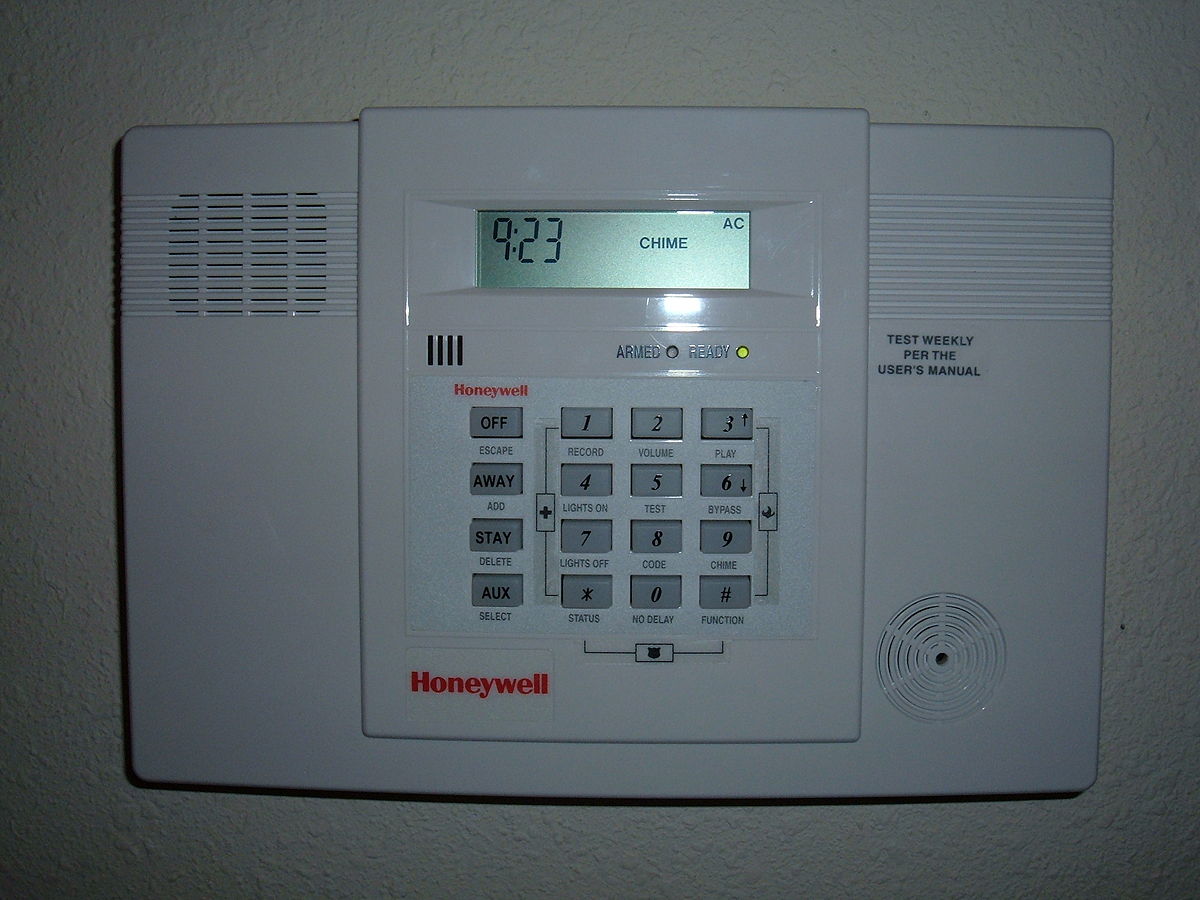


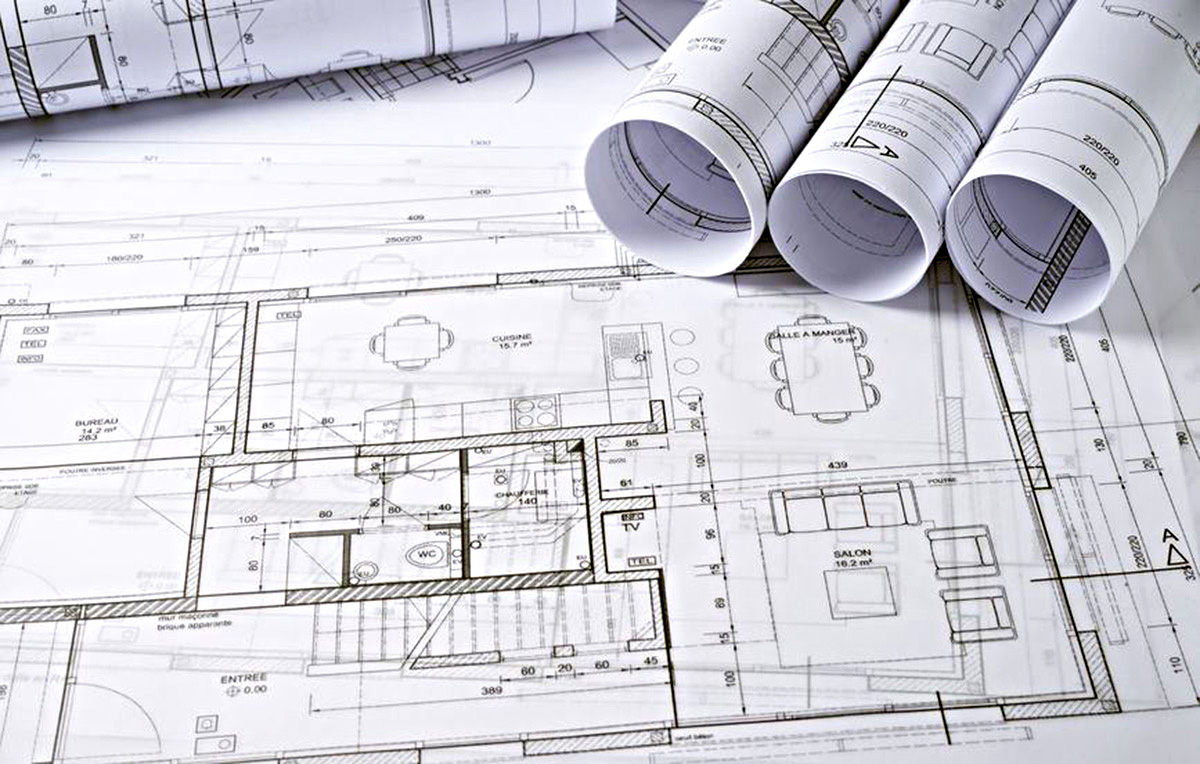


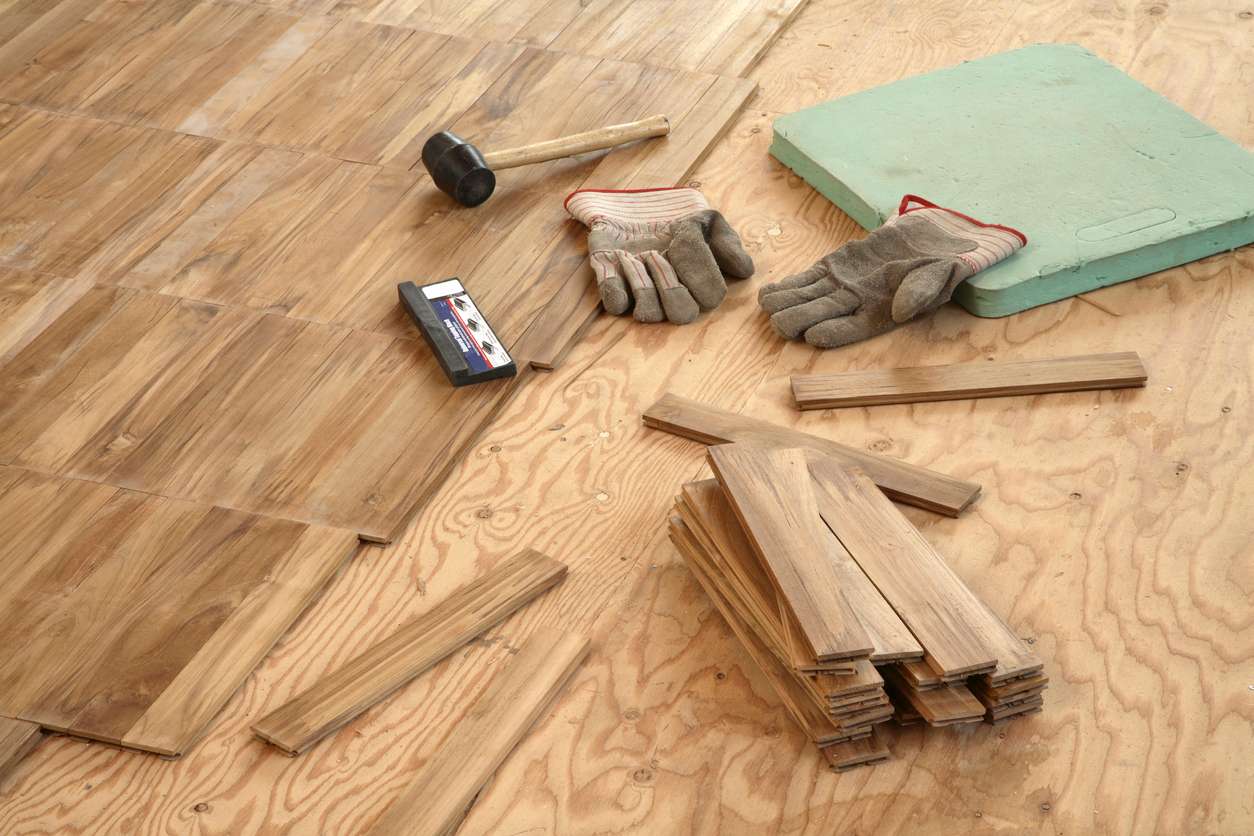


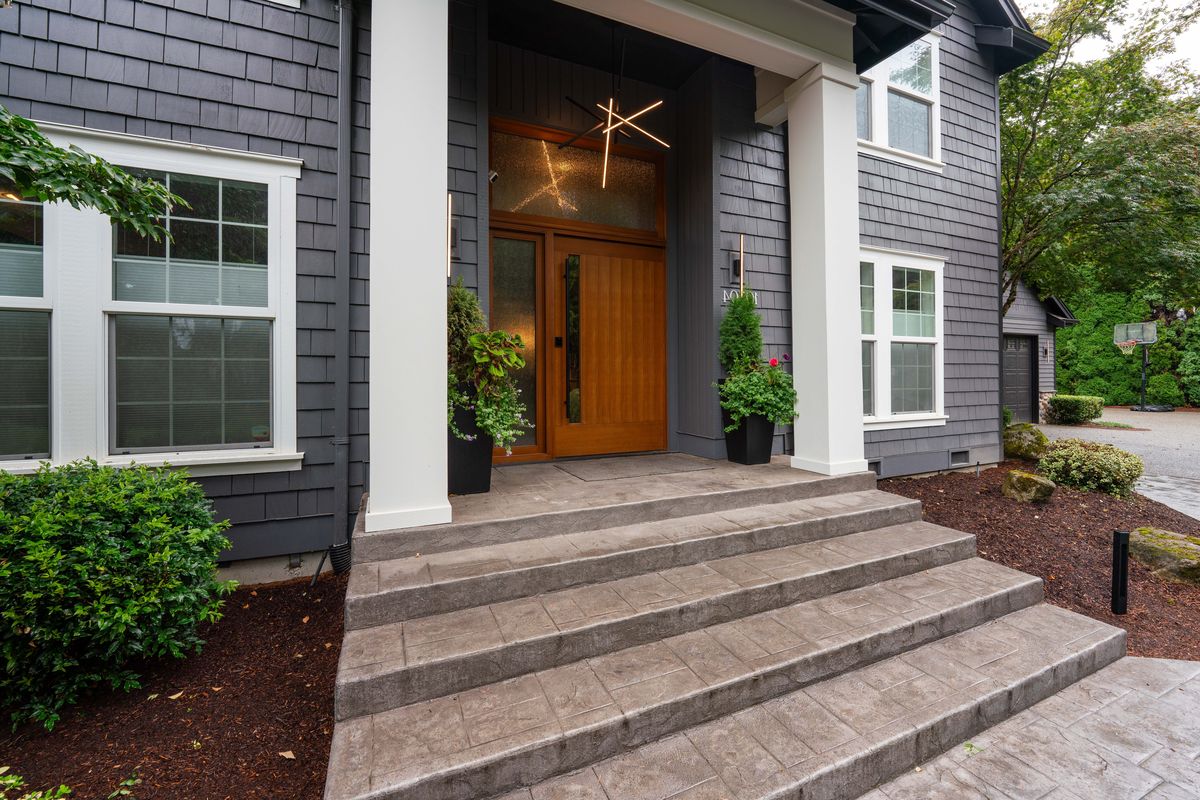
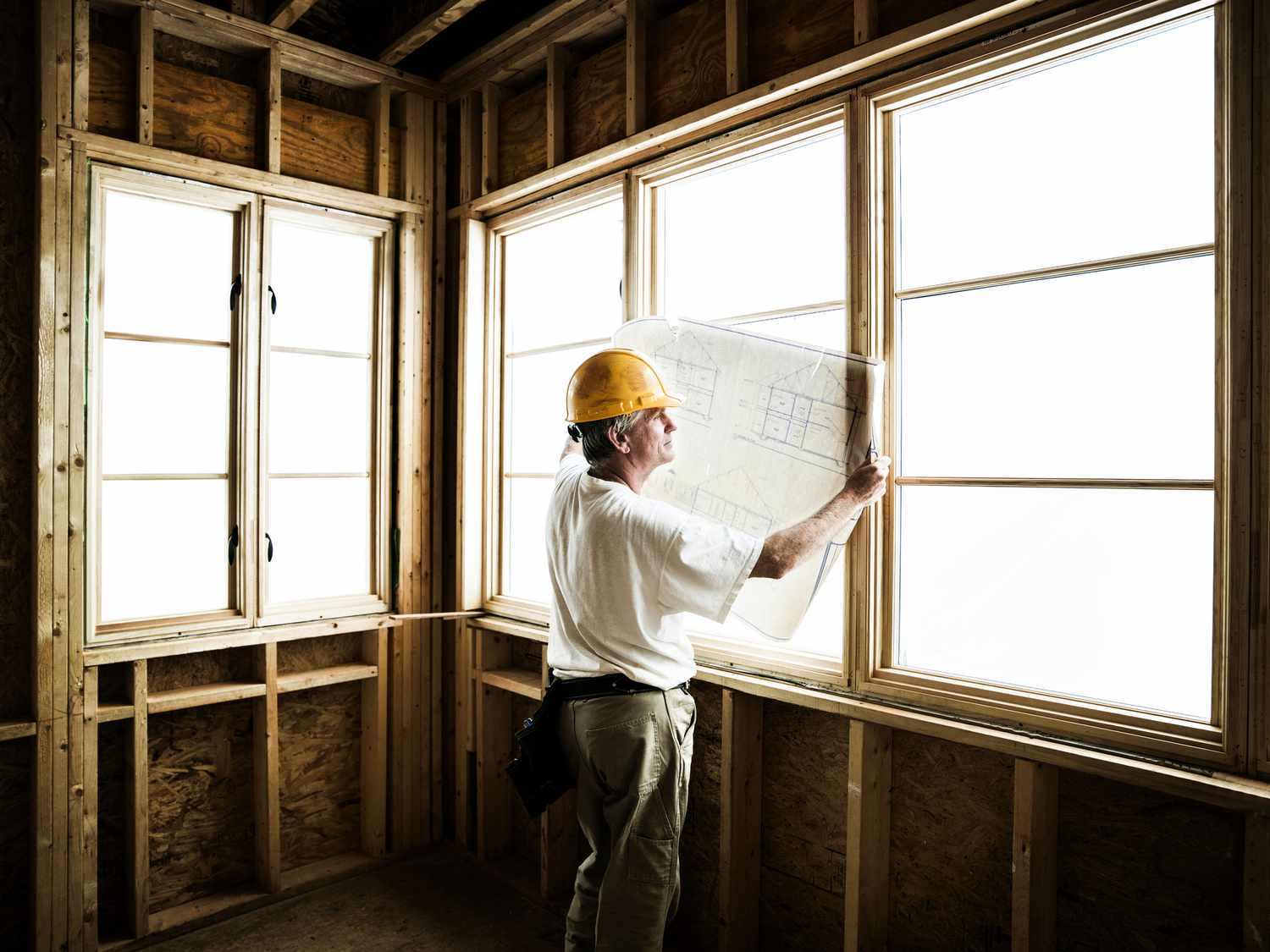

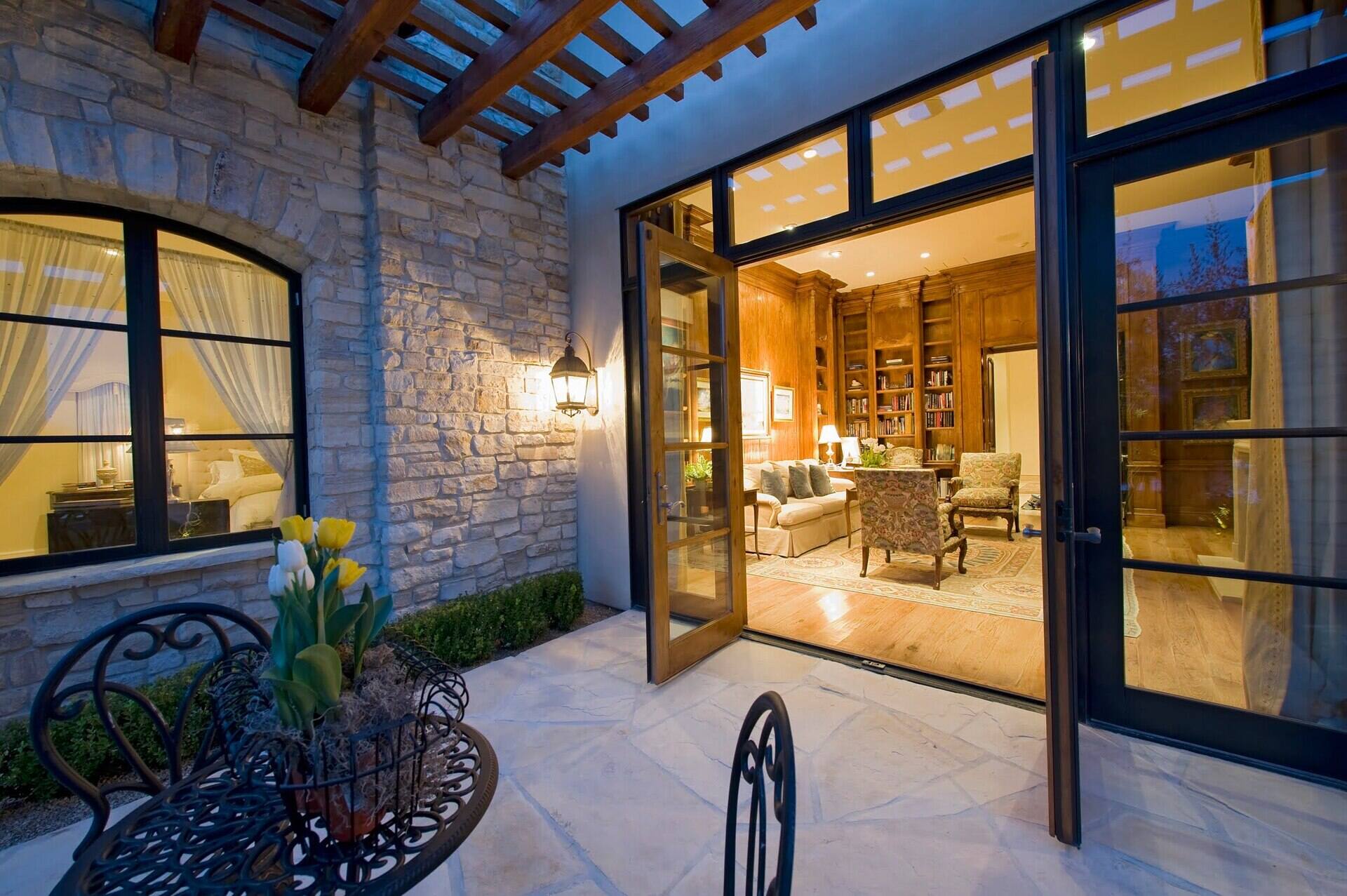

0 thoughts on “What Home Improvements Require A Permit?”